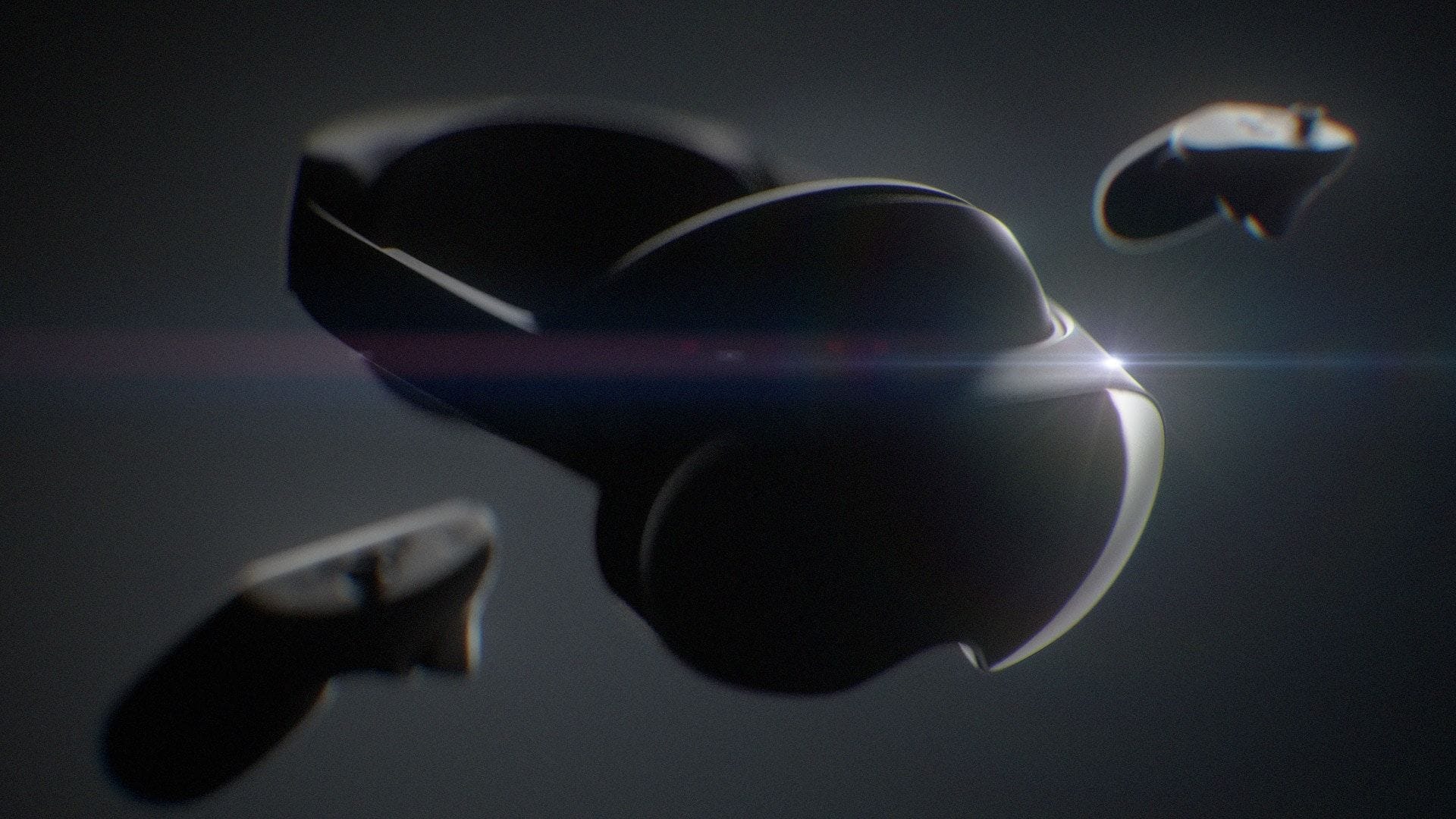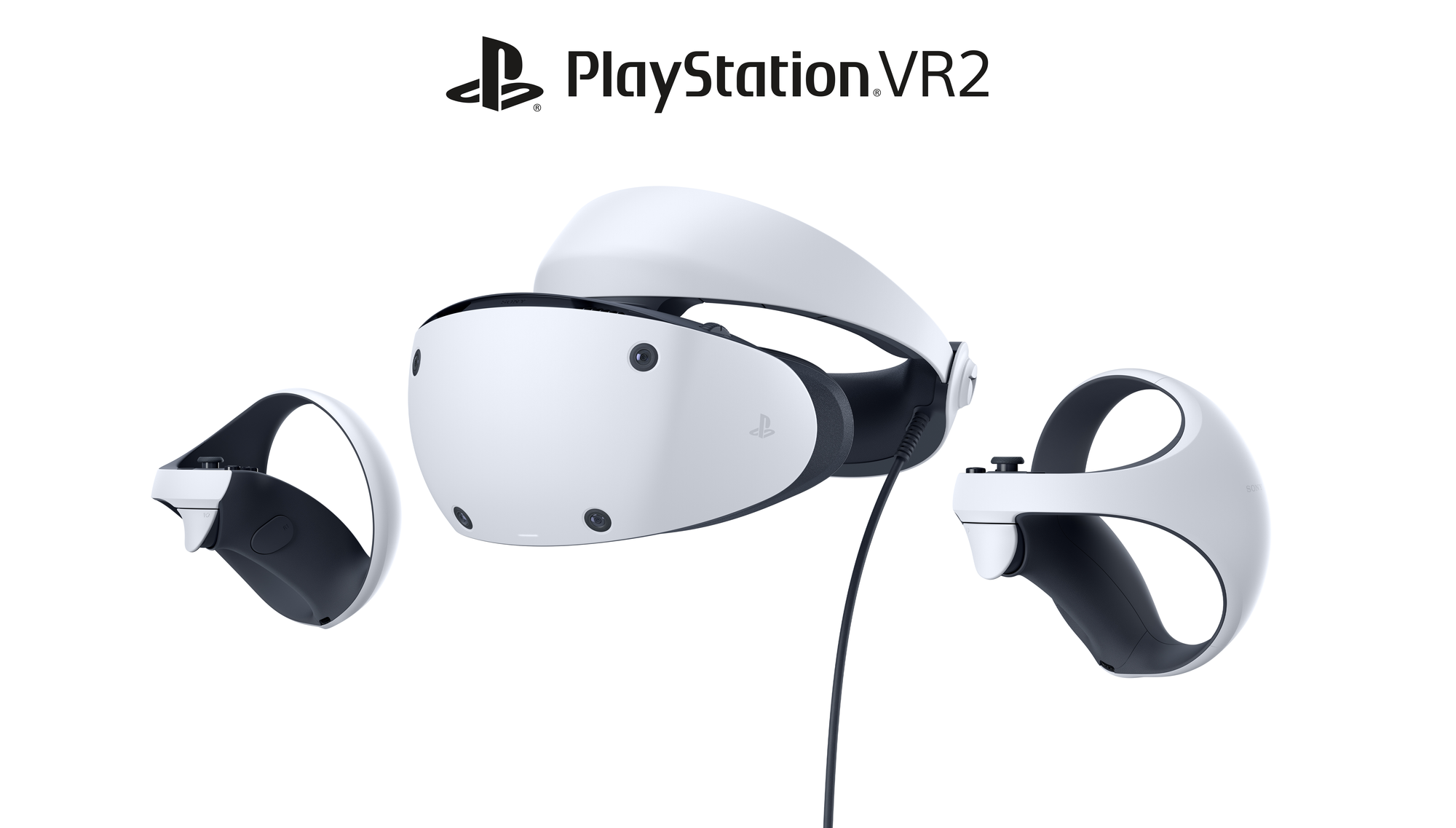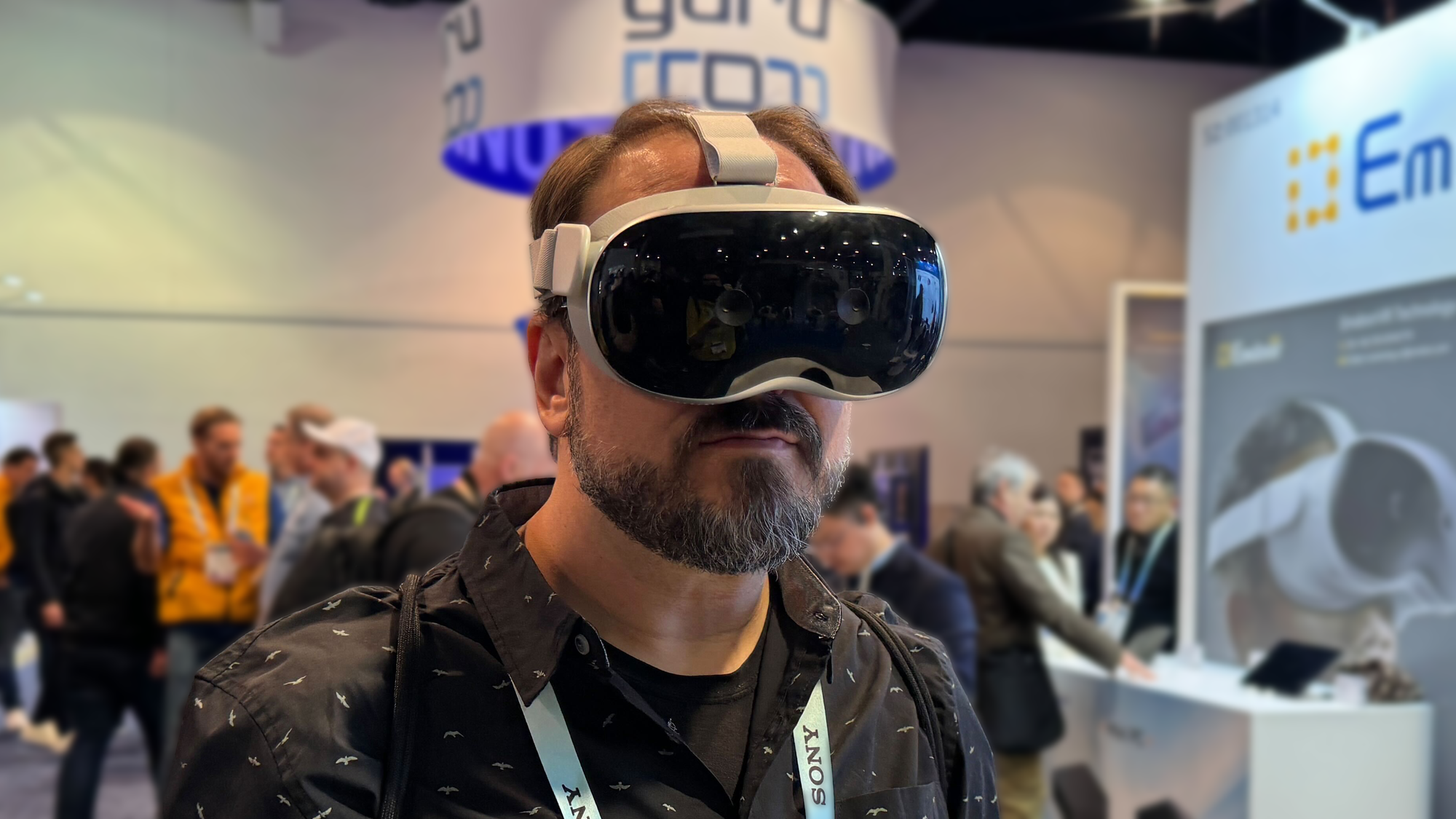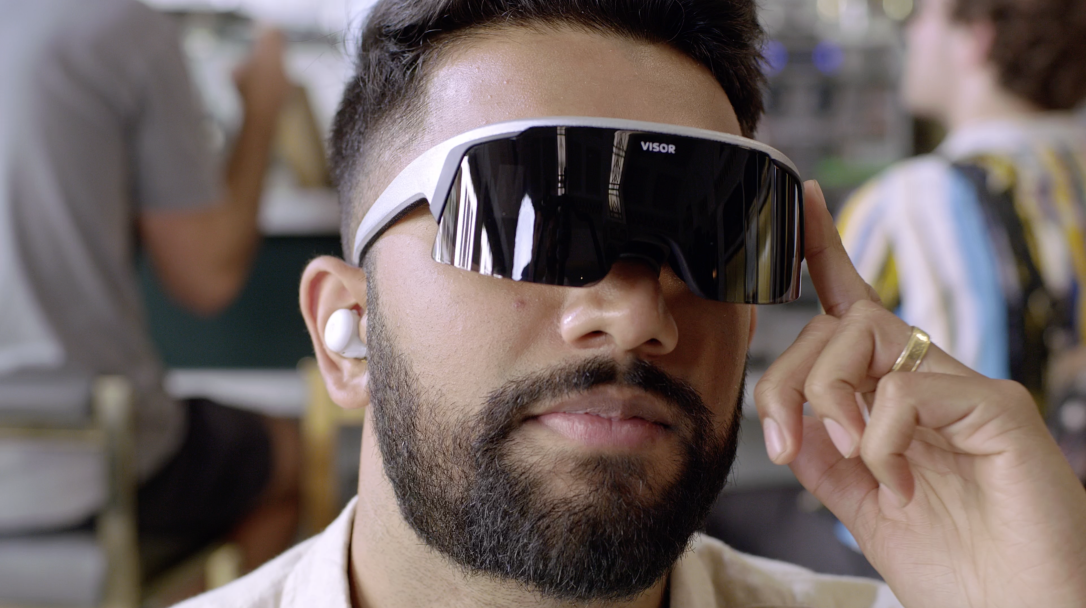Meta has canceled the high-end headset it planned to launch in 2027, The Information reports.
The report comes from The Information’s Wayne Ma and Sylvia Varnham O’Regan, citing two Meta employees as the sources. Ma has accurately reported Meta’s Quest headset and smart glasses plans in advance multiple times in the past.
According to the report, Mark Zuckerberg and his CTO Andrew Bosworth told employees to stop work on the headset, codenamed La Jolla, earlier this week at a product review meeting. La Jolla was reportedly set to use high resolution micro-OLED displays, like Apple Vision Pro. But Meta apparently wanted to keep the headset’s cost below $1000, and the company determined that wouldn’t be possible with micro-OLED by 2027.
A leaked Meta hardware roadmap from 2023 revealed La Jolla would also have kept the original Quest Pro’s rear battery design and feature Codec Avatars, Meta’s long-running research and development project aiming to revolutionize remote communication by achieving truly convincing photorealistic avatars driven in real-time by headsets with face tracking sensors.
Meta plans to use key technologies from La Jolla, including its “display and eye-tracking features”, in unspecified “other future devices”, today’s report claims.

Shortly after The Information’s report was published, Bosworth made a post on Threads noting that Meta has prototypes in development at all times, and that “Decisions like this happen all the time”.

Meta’s reluctance to price another headset above $1000 likely comes from the failure of the original Quest Pro, which it had to cut from $1500 to $1000 just four months after launch following mixed-at-best reviews and low sales.
The Information previously reported that Meta plans two Quest 4 models for 2026, a budget model and a standard model codenamed Pismo Low and Pismo High.
In the nearer term, a plethora of evidence suggests Meta’s next headset will be Quest 3S, a more affordable version of Quest 3 coming later this year with a thicker design, inferior lenses, and lower resolution. That means Quest 3 should remain Meta’s highest-end offering for years to come, though headsets from other companies running its Horizon OS may feature improved specs and features long before Quest 4.






